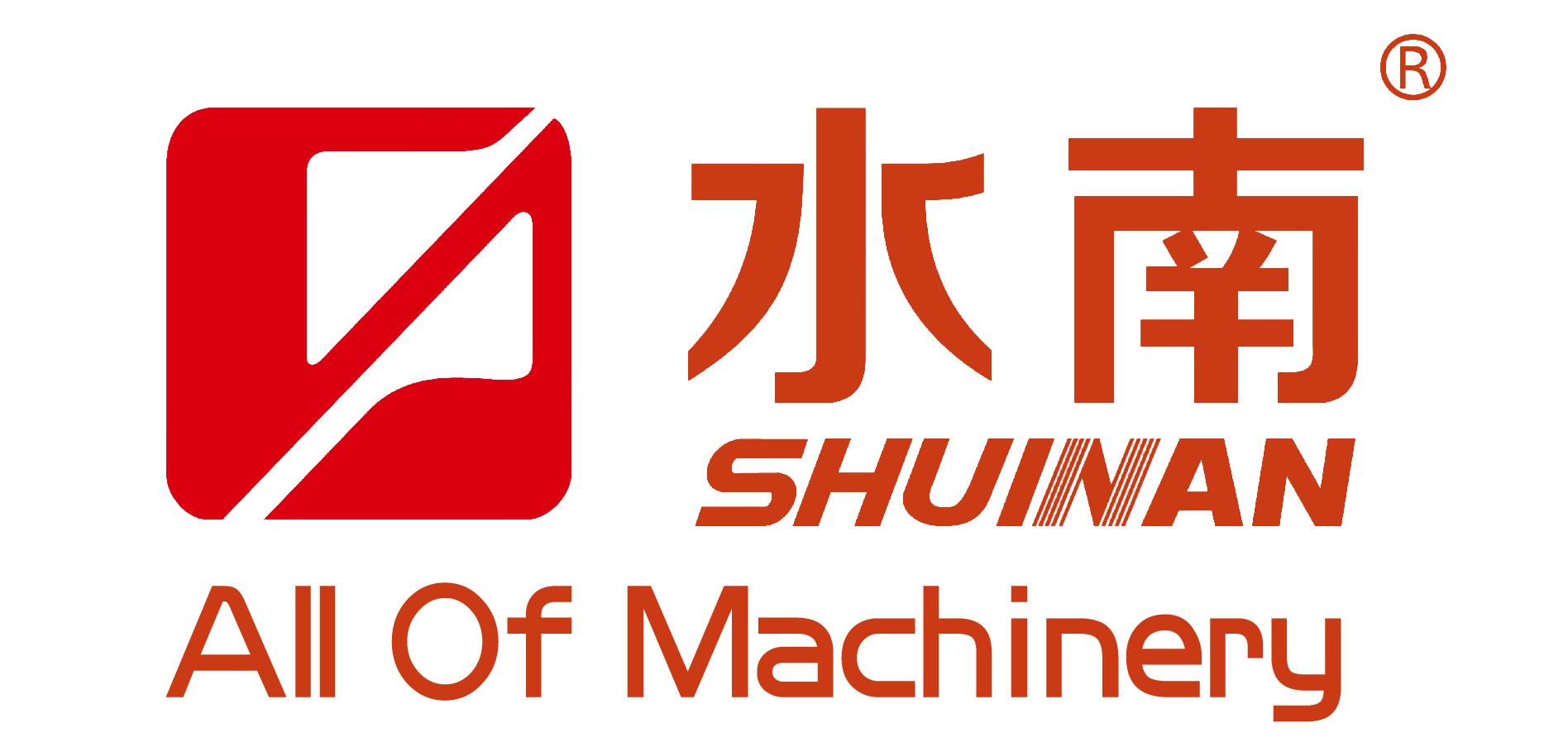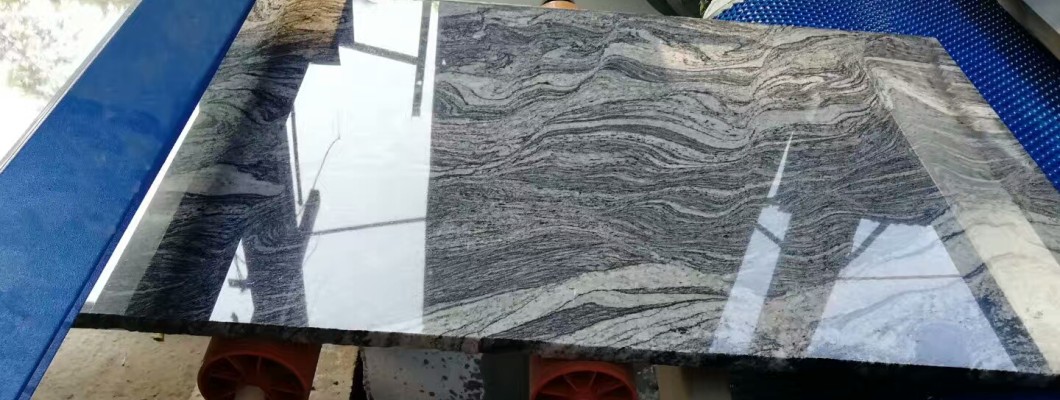Stone machinery plays a pivotal role in the processing and cutting of stone materials, making it essential for businesses in the stone industry to maintain these machines regularly. Regular maintenance not only ensures smooth operation but also significantly impacts the overall productivity, safety, and longevity of your equipment. In this blog, we’ll explore why regular maintenance is crucial for stone machinery and provide tips for keeping your machines in optimal condition.
1. Preventing Costly Breakdowns
Like any complex machinery, stone cutting and processing machines are prone to wear and tear over time. Without proper maintenance, small issues can escalate into larger, more costly breakdowns that may halt production. Routine checks—such as inspecting belts, lubrication, and electrical systems—can identify potential problems before they become critical, saving businesses from expensive repairs and extended downtime.
2. Improving Efficiency
Regular maintenance helps keep machinery operating at peak efficiency. For instance, ensuring that cutting blades are sharp and well-aligned can lead to smoother cuts and more precise results. Similarly, keeping the motor and hydraulic systems in good condition ensures that machines are running at their optimal speed and power, reducing energy consumption and improving the overall speed of production.
3. Extending Equipment Lifespan
Investing in stone machinery is a significant financial commitment, so extending the lifespan of the equipment is essential for maximizing return on investment. Regular maintenance helps prevent premature wear and tear, ensuring that the machines continue to perform well for years. Replacing worn parts before they fail and keeping the equipment clean and well-lubricated can extend its useful life, ultimately reducing the need for costly replacements.
4. Ensuring Safety
Safety is always a top priority in any industry, and stone cutting machines are no exception. Faulty machinery can pose a significant safety risk to workers, especially when cutting large slabs of stone at high speeds. Regular maintenance helps ensure that all safety mechanisms, such as emergency stops and safety guards, are functioning properly. A well-maintained machine reduces the likelihood of accidents, ensuring a safer work environment for everyone involved.
5. Maintaining Consistent Product Quality
In the stone industry, consistent quality is key to customer satisfaction. Regular maintenance of cutting and processing machines ensures that they perform consistently, providing high-quality results with minimal defects. Well-maintained machines deliver more accurate cuts and finish work, leading to fewer product rejections and a higher-quality final product.
Tips for Maintaining Stone Machinery:
- Create a Maintenance Schedule: Set a maintenance routine based on your machine's usage and manufacturer’s recommendations. Regular checks on components such as motors, pumps, and cutting tools can prevent unnecessary wear.
- Use Genuine Parts: Always replace worn-out parts with genuine components designed for your machine. Using counterfeit parts can compromise machine performance and void warranties.
- Keep the Machine Clean: Dust, debris, and stone particles can accumulate in the machinery over time. Regularly cleaning the machine helps maintain proper functionality and reduces the risk of clogging or overheating.
- Monitor Performance: Keep an eye on any performance changes in your machines. Unusual noises, vibrations, or changes in cutting speed may indicate underlying issues that need attention.
- Train Operators: Make sure your machine operators are well-trained in proper machine handling and maintenance procedures. This will ensure they can identify and address potential issues early on.
Conclusion
Regular maintenance is an investment in the health and performance of your stone machinery. It not only prevents costly repairs and downtime but also ensures that your equipment is working efficiently, safely, and producing high-quality results. By adopting a proactive approach to maintenance, businesses can extend t


Leave a Comment